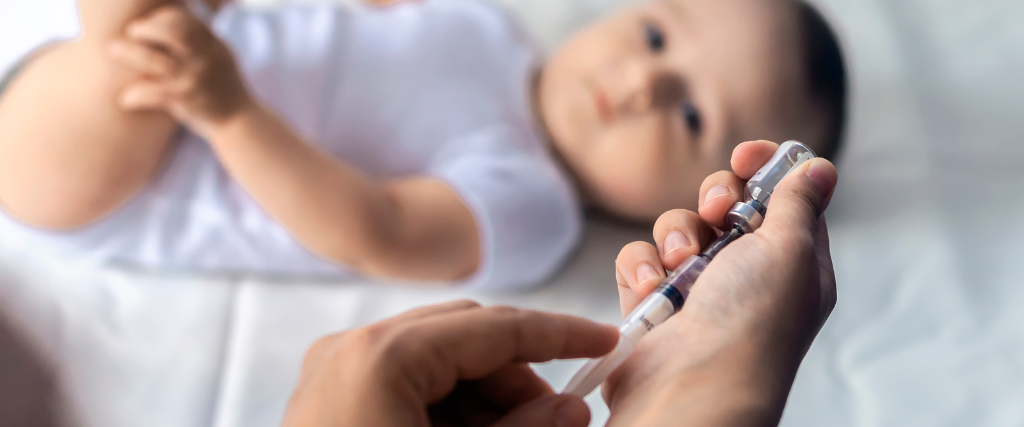



To receive important alerts and updates from Gold Coast Primary Health Network, please submit the form below.
"*" indicates required fields

To receive important alerts and updates from Gold Coast Primary Health Network, please submit the form below.

The Australian Government Department of Health, Disability and Ageing have released several new and updated resources in the wake of the Australian Immunisation Handbook RSV chapter update.
The resources include:
The Australian Immunisation Handbook respiratory syncytial virus (RSV) chapter has been updated as immunisation providers work to reduce the respiratory disease burden under the nation’s RSV prevention framework this winter.
In line with the Handbook update, the Australian Technical Advisory Group on Immunisation (ATAGI) released a new statement focused on the persistent problem of RSV immunisation product administration errors and how they can be avoided.
The statement ‘strongly recommends’ immunisation providers adopt several specific measures to reduce the risk of errors, including the use of separate, labelled storage areas for RSV-related products meant for infants and young children (the long-acting monoclonal antibody Beyfortus [nirsevimab]) and those meant for pregnant women (Abrysvo) and older adults (Arexvy, Abrysvo).
The Therapeutic Goods Administration (TGA) has been receiving reports of RSV immunisation products being delivered incorrectly in Australia this year; ranging from Arexvy being given to pregnant women to Abrysvo being given to infants. In response, the regulatory authority in June published a dedicated webpage ‘reminding prescribers and vaccination providers that each product is specifically indicated for different patient groups’ and giving advice on how to prevent errors.
The Handbook revision broadens the range of older people who can choose to receive the RSV vaccine Arexvy; removes the upper gestational age at which the maternal RSV vaccine Abrysvo can be given to pregnant women; and formalises guidance on what to do in the unwanted event of an RSV immunisation product administration error.
Adults aged 50–59 years with medical conditions that increase the risk of severe RSV disease can now consider vaccination with Arexvy, in addition to other older adults who were already either recommended or urged to consider RSV vaccination.
A minor clarifying change that Abrysvo is now recommended to be given to pregnant women simply ‘from 28 weeks gestation’ rather than ‘from 28–36 weeks gestation’.
A new table that includes guidance on how to respond if the incorrect RSV immunisation product is given (see below) has also been added to the chapter, following NCIRS’ previous clinical guidance on the same topic.
NCIRS has actioned a major restructure of the popular RSV FAQs resource for healthcare providers and the general public.
The up-to-date FAQs are now organised into dedicated sections for infants, young children and pregnant women and older adults, as part of a revamp designed to increase clarity and ease of navigation.
So we can provide you with the most accurate information,
please tell us a little more about yourself

